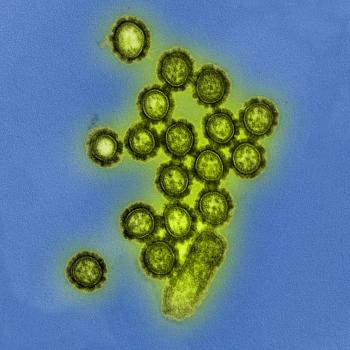Human trial of mRNA universal flu vaccine begins
Date: 22.5.2023
It’s still very early days, but the race to develop the first safe and effective mRNA-based influenza vaccine is gathering momentum.
 The latest move sees a Phase 1 trial at Duke University in Durham, North Carolina, get under way, testing the safety and immune response of H1ssF-3928 mRNA-LNP, developed by the National Institute of Allergy and Infectious Diseases’ (NIAID) Vaccine Research Center (VRC).
The latest move sees a Phase 1 trial at Duke University in Durham, North Carolina, get under way, testing the safety and immune response of H1ssF-3928 mRNA-LNP, developed by the National Institute of Allergy and Infectious Diseases’ (NIAID) Vaccine Research Center (VRC).
Some 50 participants aged 18-49 will be split into three groups and given 10, 25 and 50 micrograms of the active drug, respectively. When optimal dosage is then determined, another 10 participants will get this measured jab. There will also be an additional group who will receive a current quadrivalent seasonal flu shot, so researchers have a comparative dataset that takes into account the immune response and safety of readily available influenza vaccines.
Those in the trial will then be regularly evaluated over 12 months to see how the drug’s immune response has fared and to assess its short-term and long-term safety.
“A universal influenza vaccine would be a major public health achievement and could eliminate the need for both annual development of seasonal influenza vaccines, as well as the need for patients to get a flu shot each year,” said Dr Hugh Auchincloss, acting NIAID Director. “Moreover, some strains of influenza virus have significant pandemic potential. A universal flu vaccine could serve as an important line of defense against the spread of a future flu pandemic.”
Image source: NIAID.























